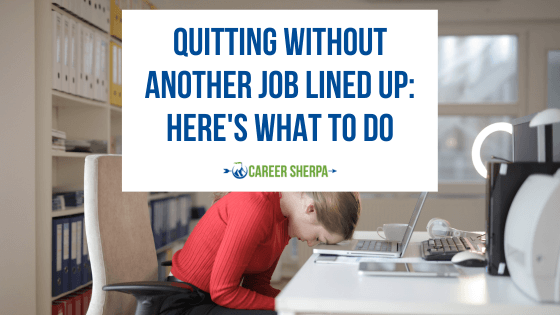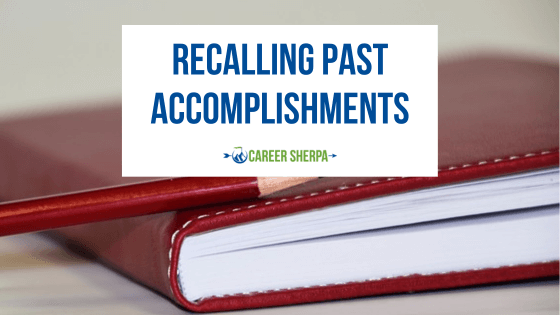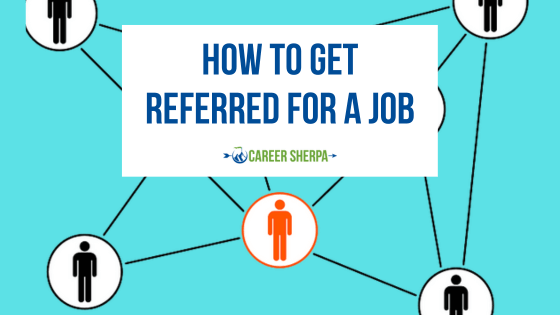2 Questions To Ask In Job Interviews To Reveal The Hiring Manager’s (True) Leadership Style

Nobody wants to work for a bad boss. But if you’re looking for a new job, how can you ensure the hiring manager you’ve been interviewing with will be a good boss?
One of the best ways to dodge a bullet in the hiring process and avoid working for a bad manager is to find out their leadership style. There are two questions I coach people to ask in job interviews to help them secretly figure out what it’s really going to be like to work for that hiring manager.
How To Reveal The Hiring Manager’s (True) Leadership Style
@j.t.odonnell Replying to @SloaneTilliePoppy 2 Questions To Ask In Job Interviews To Reveal Their (True) Leadership Style ð¤ððð³. There are questions you can ask in a job interview they can help you figure out what the hiring manager will really be like to work for. A lot of times they say one thing but donât really mean it. These two questions Iâve been teaching for years as a way to understand exactly what they value in an employee. What you wanna do is listen closely to see if what they say actually matches up with what they claimed their leader ship style is. And if you donât like what you hear, I would say pass on the job opportunity! I also encourage you to prepare for interviews as best you can. Thatâs why my new TikTok series teaches you how to answer the 18 Tofas behavioral questions so that you can now the interview and stand out. That way theyâll really want to make sure That they pick you for the job and then youâll sit in the driver seat and itâll be up to you to decide if you want them! ##tiktokseries##interviewtips##interviewtipsandtricks##interviewquestions##interviewquestionsandanswers##interviewprep##interviewpreparation##behavioralquestion##careertok##careeradvice##careertiktok##careercoach##interviewcoach##jobinterview##jobinterviewquestions##jobinterviewtips ⬠original sound – J.T. O’Donnell
When it’s your turn to ask questions in the job interview, ask the following questions to determine the hiring manager’s true leadership style:
1. Tell me about a recent hire who’s been successful here. What 2 or 3 things are they doing that’s making them so successful?
Asking this question can help you start to determine whether or not what they said about the job, the company, and their leadership style matches what they value in a person.
For example, if they said, “We believe in work-life balance here. We know you have a life. We really support you. You can get all your work done in the hours that are given here,” and then when you ask them this question, they say, “That person that we hired recently, she was amazing. She came in, we were in a pinch. She worked overtime. She worked nights and weekends. She took on a whole bunch of extra responsibilities and she just really crushed it,” their answers don’t sync up.
2. Can you tell me, without naming names, about somebody who did not work out well here, who really failed in the job? Can you give me 2 or 3 examples of why you think they weren’t successful?
Once again, listen closely. If they say things like, “They just walked out the door right at 5 p.m. They weren’t flexible. They weren’t willing to take on additional responsibility. They weren’t a team player,” what does it say about the situation?
As a job seeker, these two questions can help you get a better sense of what it would be like to work at a company and/or for a specific hiring manager so you can dodge a bullet. If their leadership style isn’t compatible with your work style, you probably won’t be happy on the job, no matter how good the opportunity sounds.
Need more help with your job search?
Become a member to learn how to land a job and UNLEASH your true potential to get what you want from work!






































